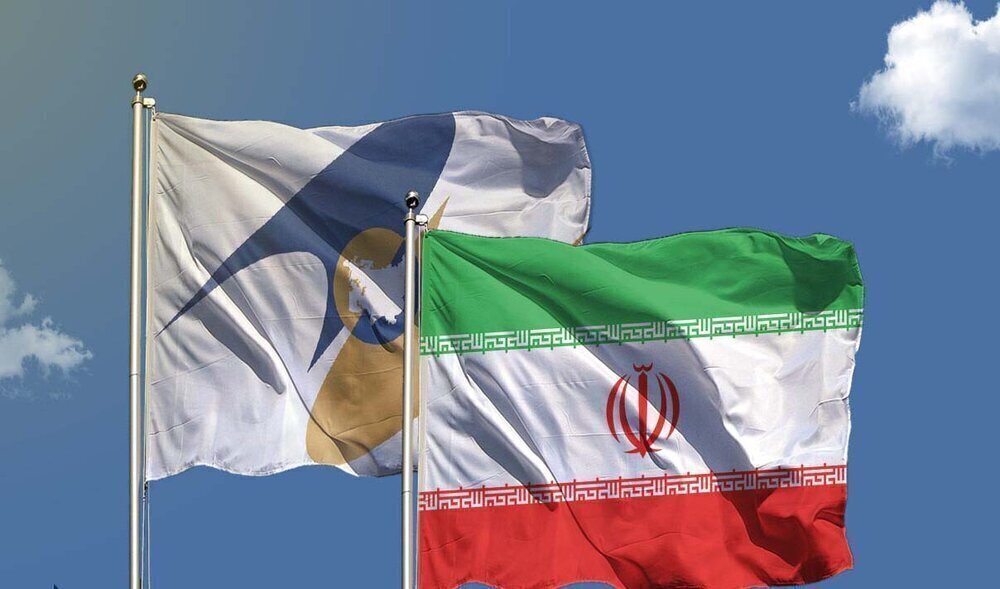Iran, EAEU implement free trade agreement, slashing tariffs

TEHRAN - Iran and the Eurasian Economic Union (EAEU) have officially implemented a comprehensive free trade agreement, significantly reducing customs tariffs and expanding market access for both sides.
Under the newly enacted deal, the average import tariff on goods from EAEU member states to Iran has dropped from 20 percent to 4.5 percent, Iranian media reported on Thursday. The agreement replaces a provisional trade pact that had been in effect since 2019 and covered only a limited range of products.
The EAEU said in a statement that the full-scale agreement would substantially reduce customs duties and open new export opportunities. “This comprehensive agreement provides broader and preferential access to the Iranian market for producers from EAEU member countries,” it noted.
The agreement was signed in December 2023 and ratified by EAEU members—Russia, Kazakhstan, Belarus, Kyrgyzstan, and Armenia—as well as Iran, in early 2025.
According to Andrey Slepnev, Minister of Trade of the Eurasian Economic Commission, preparations are underway for the first meeting of the joint committee, scheduled for the second half of 2025. The meeting will focus on expanding bilateral trade and economic cooperation.
The deal covers 90 percent of goods categories and sets mutual obligations to provide preferential services. Compared to the earlier temporary pact, the new agreement includes more robust regulatory frameworks aimed at removing mutual trade barriers.
Experts estimate the agreement could boost bilateral trade between Iran and the EAEU to $12 billion in the medium term—nearly double the current level.
Russian officials, cited by Interfax, said the agreement marks the first time Iran has opened its domestic market to third-country goods, having previously shielded it to support domestic production.
The pact is also expected to facilitate increased transit traffic along the International North–South Transit Corridor (INSTC), enhancing Iran’s role as a key logistical hub.
Iranian exporters are anticipated to benefit from reduced export costs, particularly in sectors such as agriculture, industrial goods, and energy.
According to the Eurasian Economic Commission, annual customs duty savings for EAEU suppliers could reach up to $380 million.
The EAEU is a regional economic bloc that promotes the free movement of goods, services, capital, and labor among its members, while coordinating economic policies and fostering deeper integration.
Kazakhstan ranked third in the EAEU in terms of economic growth in 2024, while member states are planning to introduce a financial support mechanism for farmers.
EF/MA
Leave a Comment